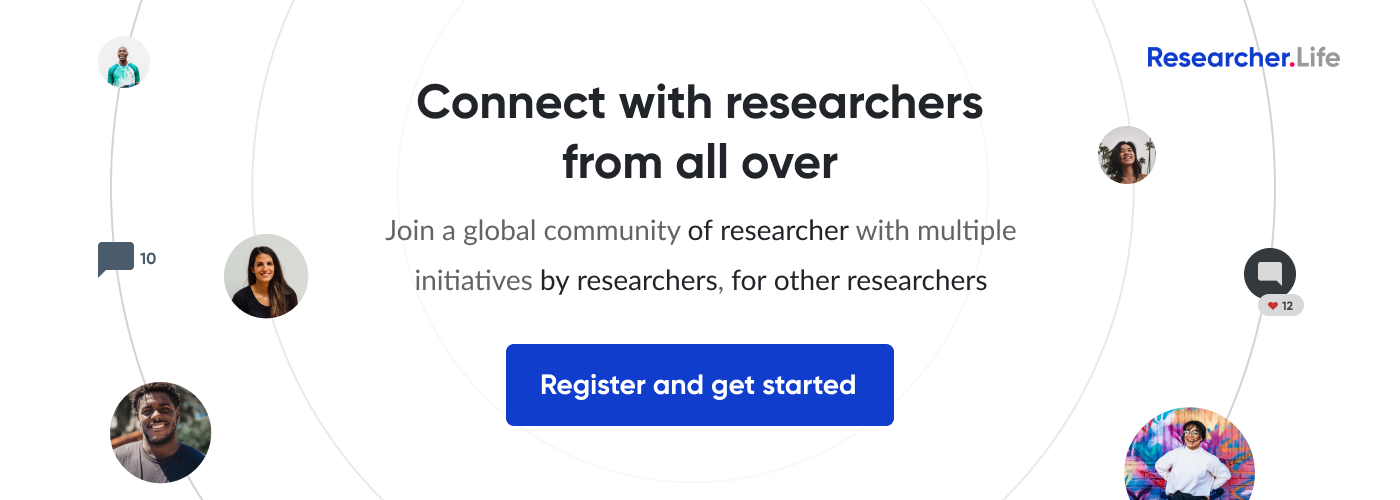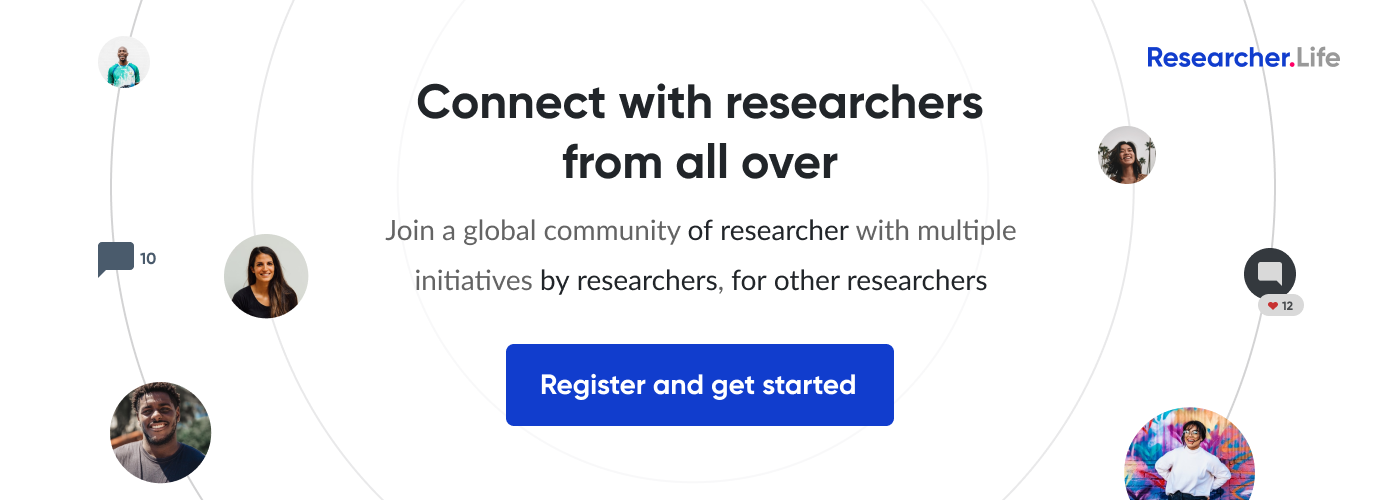Transcending borders: How multilingual platforms redefine research collaboration (Part 1)

Have you ever wondered how to successfully collaborate across borders? Here is the first part of a 2-part series on overcoming geographical and language challenges in research collaboration.
Why practical international collaborations matter
International collaborations tend to level the playing field for all researchers. While a non-English-speaking scientist can benefit from collaborating with a researcher in an English-speaking country, it also allows both researchers to include diverse opinions and design unique solutions to their research questions. Collaborations and connections across disciplines and organizations will enable us to welcome people from all geographical regions and promote equity and inclusion in science. Promoting minority groups in science is also highly beneficial in brainstorming problems through different perspectives. Transparency and effective communication can make science equitable for all. However, there can be a lot of challenges in fostering valuable collaborations.
Scenarios and communication challenges
Language disparities: While communicating with an English-speaking researcher, exploring science becomes arduous if your primary language or mode of communication is not English.
Two non-English speakers: Scientists who speak different languages face major hurdles in communication. Even when their research areas complement each other’s expertise, discussing science without speaking a common language becomes difficult.
Geographical separation: Living in different geographical locations can hinder seamless collaboration even when researchers speak the same language. It might not be feasible to transfer reagents and experimental setups, visit laboratories, etc.
Although these challenges exist, some tools offer some advantages to collaborate better.
Tools for better collaboration
Multilingual communication platforms: Utilize AI-driven platforms that facilitate real-time translation, breaking down language barriers. From the well-known Google Translate and Bing Microsoft Translator to DeepL and Wordly.ai, several different software are available for diverse modes of translation, and each shares specific benefits.
Virtual collaboration spaces: Platforms like Slack and Microsoft Teams offer shared spaces for data sharing, discussions, and project coordination, fostering collaboration regardless of location. Writing platforms like Overleaf and Google Docs allow collaboration in project documentation. Reference management tools like Mendeley, Zotero, and Citavi help easily share references across teams.
Online communities: Engage in global research communities that embrace language diversity, promoting inclusive collaboration. While several societies help you network through their communities, social media platforms like Twitter/X, LinkedIn, and ResearchGate might also come in handy in exploring the science community and finding potential collaborators.
While using these tools in collaborating with other researchers, you should also be mindful to use these tools effectively by following certain good practices.
Tips for effective tool utilization
Provide clear instructions: Communicate expectations and guidelines when using collaboration tools to avoid misunderstandings and ensure proper transparency across groups in disseminating knowledge.
Regular check-ins: Schedule regular virtual meetings to ensure everyone is on the same page and address any issues promptly.
Cultural awareness: Be mindful of cultural differences and adapt communication styles accordingly. This also applies to the different time zones across the globe.
Read on ... Part 2
Comments
You're looking to give wings to your academic career and publication journey. We like that!
Why don't we give you complete access! Create a free account and get unlimited access to all resources & a vibrant researcher community.














